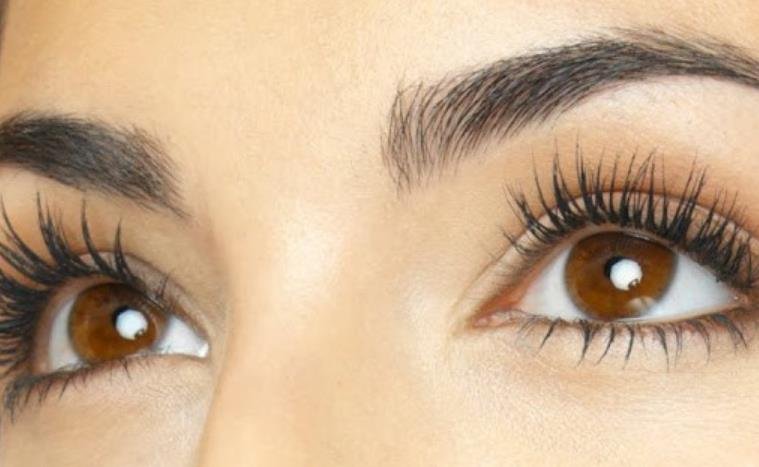We all want to have gorgeous, full, and healthy eyelashes. Having lush lashes can highlight your sparkling eyes and make you feel super attractive. But, not all of us are blessed with voluminous lashes. Luckily, there are several vitamins and minerals that can help you grow long and strong lashes. In this article, we’ll explore which vitamins can help preserve and promote lash growth, how lash growth works, and what you can do to keep your lashes healthy.
Understanding Lash Growth
Before we delve into which vitamins help eyelashes grow, let’s first take a quick dive into how lash growth works. Eyelashes, like your hair, grow in phases, and these cycles are called anagen, catagen, and telogen. The anagen phase is when the lashes actively grow, while the catagen phase is the short transitional phase. The telogen phase is when the lash falls out and the follicle begins growing hairs again.
Lashes usually grow up to one-quarter or half an inch in length, but through the right care and nourishment, you could promote growth and keep your lashes in the anagen phase for a longer period.
The Role of Vitamin C in Lash Growth
Vitamin C is an essential antioxidant that works wonders on your eyelashes. It helps repair broken cells, boost collagen production, and strengthens hair follicles. Vitamin C also helps in the formation of melanin, the pigment that determines the color of your lashes. A deficiency of vitamin C can lead to weak, brittle, and dry lashes. Citrus fruits like oranges, strawberries, and papaya are excellent sources of vitamin C, and you can also get your daily dose through supplements.

Unlock the Secret: Which Vitamins Help Eyelashes Grow?
The Power of Vitamin E for Healthier Lashes
Vitamin E is another vitamin that can enhance eyelash growth and strength. It supports blood circulation and helps the hair follicle receive necessary nutrients to grow. Vitamin E encourages hair to grow thicker and stronger, which is why it’s a popular ingredient in eyelash growth serums. You can find Vitamin E in the form of supplements, capsules, and in a wide range of foods such as almonds, peanuts, sunflower seeds, and spinach.
Vitamin H and Lash Growth
Also known as Biotin, Vitamin H is a part of the Vitamin B Complex family and is responsible for the production of keratin, the protein that makes up hair, nails, and skin. A lack of biotin can lead to thinning lashes, hair loss, and brittle nails. Vitamin H is present in a lot of foods such as eggs, milk, nuts, and whole grains. You can also get your daily dose through supplements.
Zinc and Lash Health
Zinc is a vital mineral that can help nourish your lashes and prevent hair loss. It is responsible for strengthening the hair follicles and promoting cell regeneration, which helps your lashes grow thicker and fuller. A deficiency in zinc can result in dry and brittle lashes or eyebrows. Zinc-rich foods include nuts, legumes, dairy, and seafood.
Lash Care Tips
Apart from vitamins and nutrients, there are several ways you can take care of your lashes to keep them healthy and strong. Here are a few lash care tips that you can try:
- Avoid rubbing your lashes or tugging on them.
- Remove makeup with a gentle oil-based cleanser.
- Use a lash serum that contains nourishing ingredients like vitamin E, biotin, or peptides.
- Remove fake lashes gently and avoid overusing them.
- Have a balanced and healthy diet.
Conclusion
Promoting healthy lashes takes time and effort, but it is worth it. Vitamins like Vitamin C, Vitamin E, Vitamin H, and Zinc play a vital role in lash growth. Incorporating these vitamins into your daily diet and skincare routine can help your lashes grow longer and stronger. Apart from this, make sure to take good care of your lashes by avoiding damage, removing makeup gently, and keeping them nourished. With these steps taken, you’ll have gorgeous, full, and healthy eyelashes!
FAQs
[faq-schema id=”119″]
















